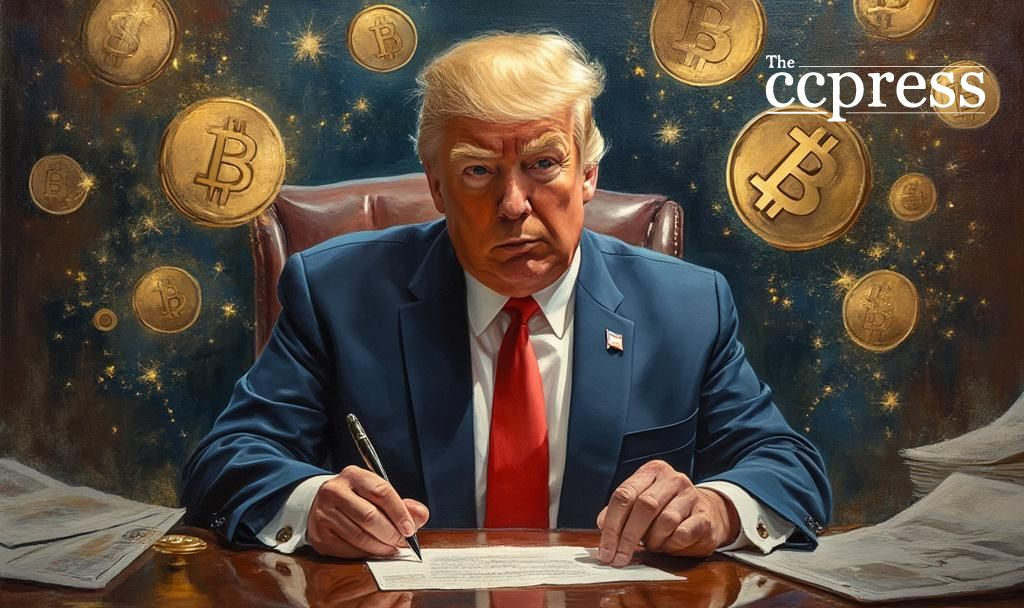- Wells Fargo initially refused refunds.
- Scams used cryptocurrency narratives.
- Incident highlights media influence.

Wells Fargo has issued refunds to scam victims after media inquiries highlighted their initial refusals, revealing the bank’s approach to addressing fraud claims. This occurred despite previous denials until the media drew attention to customer allegations.
Public attention has prompted changes in Wells Fargo’s scam response. With media highlighting consumer grievances, the bank adjusted its stance, showcasing the influence of external scrutiny on financial institutions.
Wells Fargo faced backlash for initially denying fraud refunds before media scrutiny shifted the resolution. Although cryptocurrency narratives were employed by scammers, the actual affected accounts were fiat-based, with no significant impact on crypto-assets.
Media involvement compelled Wells Fargo to reimburse scam victims, emphasizing the role of public pressure in influencing financial institutions. The scams leveraged fraudulent cryptocurrency narratives, impacting customer trust without affecting the cryptocurrency market.
The incident describes Wells Fargo’s reactive approach to scam reimbursements, driven by public and media outcry. Customers faced significant losses, highlighting the magnitude of these victim-impacting scams.
“NEVER share your access code to verify an account, receive a refund, or for any other reason.” — Wells Fargo Fraud Prevention
Potential outcomes include enhanced regulatory scrutiny and improved anti-fraud measures. Data suggests similar patterns where media intervention forced financial change, hinting at possible technological solutions to prevent future scams.
| Disclaimer: The content on The CCPress is provided for informational purposes only and should not be considered financial or investment advice. Cryptocurrency investments carry inherent risks. Please consult a qualified financial advisor before making any investment decisions. |






























